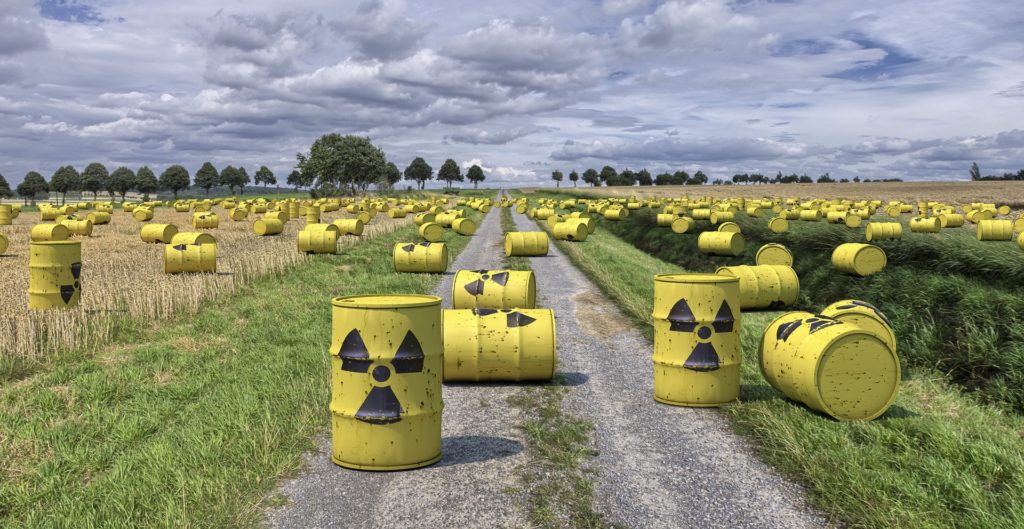Eco Friendly Waste Disposal Services in Houston, TX
We will provide all available waste options to our customers and let them decide what is best for their business. Where waste does exist, it is usually best to reuse it if possible, and if not, to recycle it. What can’t be recycled (the residual waste) can either go to energy recovery, or as a last resort, landfill.
You run your business and let SESCO handle the messy clean up and recycling, including:



